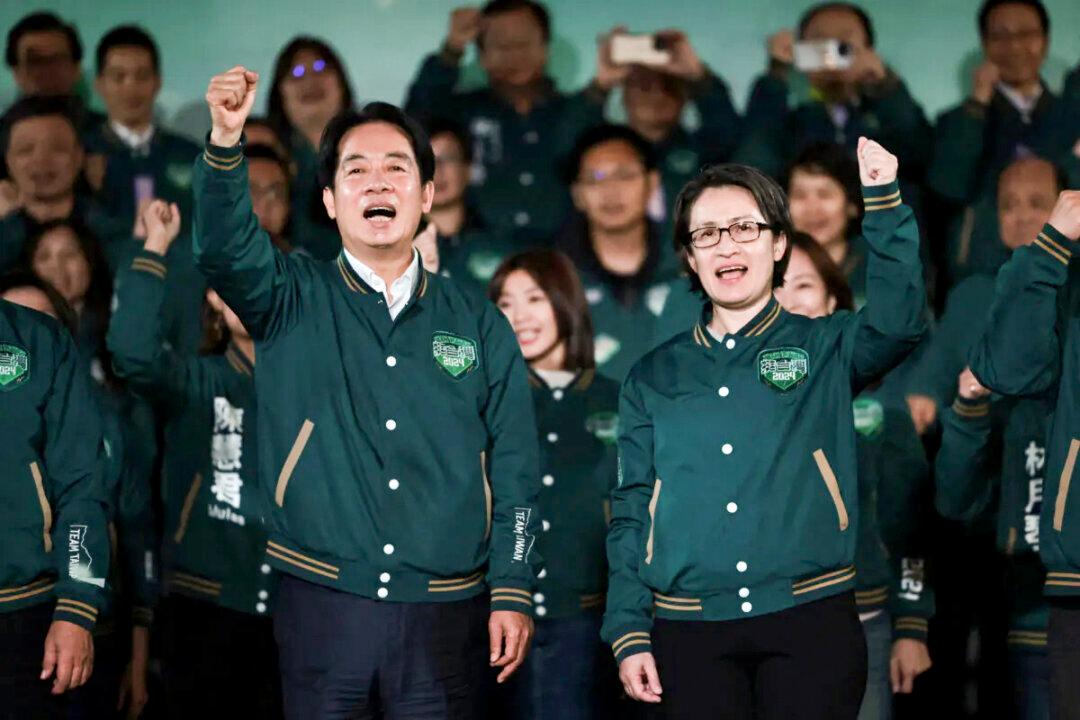TAIPEI—Taiwan’s foreign ministry sharply criticized Russia on Sunday after Moscow took Beijing’s side and criticized the island’s democratic elections a day earlier.
On Jan. 13, about 14 million Taiwanese voters went to the polls to select a new president and legislature. Lai Ching-te, the current vice president of the ruling Democratic Progressive Party (DPP), was elected the next president after picking up 40 percent of the votes. Mr. Lai’s victory gave the DPP—which China sees as a threat to its goal of taking over Taiwan—a third consecutive four-year term in power.





